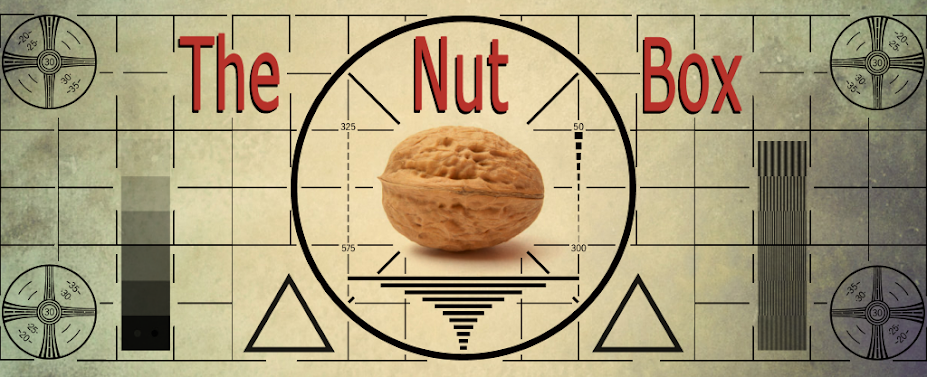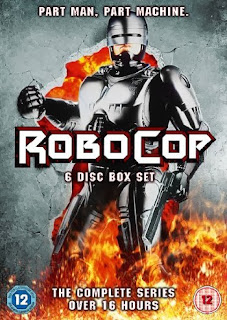There's a lot of attempted humour; not quite slapstick and certainly not sophisticated, it sits somewhere between and ends up mostly face-palm bad. The one element that saves it from the stop button is the relationships. When it finds the human element that's buried within the machine it gets mildly entertaining and raises itself out of the shit-bin for a time. It's still bad, but it has heart beneath the clumsy scripts and the awful villains.
Robo's partnered with a female cop who knows his real identity, so they've a shared burden and a secret bond. He's also helped by a holographic woman named Diana who's an interesting addition to the team, allowing the writers to pull some quick fixes for bad writing out of their collective asses a number of times. She's a likeable gal and brings some cheer to proceedings, so it's often forgivable.
Each episode has a satirical news bulletin similar to what Verhoven did; it never gets too scathing but is still fun. Better still, Commander Cash, an animated superhero that encourages kids to be good OCP product consumers, is featured regularly. Animation is styled like The Jetsons. It's the best part of the show. The joke would wear thin after a while, but the producers are clever enough to keep it brief and entertaining.
It's not a series I'd recommend to everyone, but if it came up in conversation I wouldn't be ashamed to voice my support for what it tried to do, while acknowledging that it didn't manage to meet its own targets.
Feature-length pilot and 21 episodes, approx 44 minutes each.
2 television has a lot to answer for out of 5







